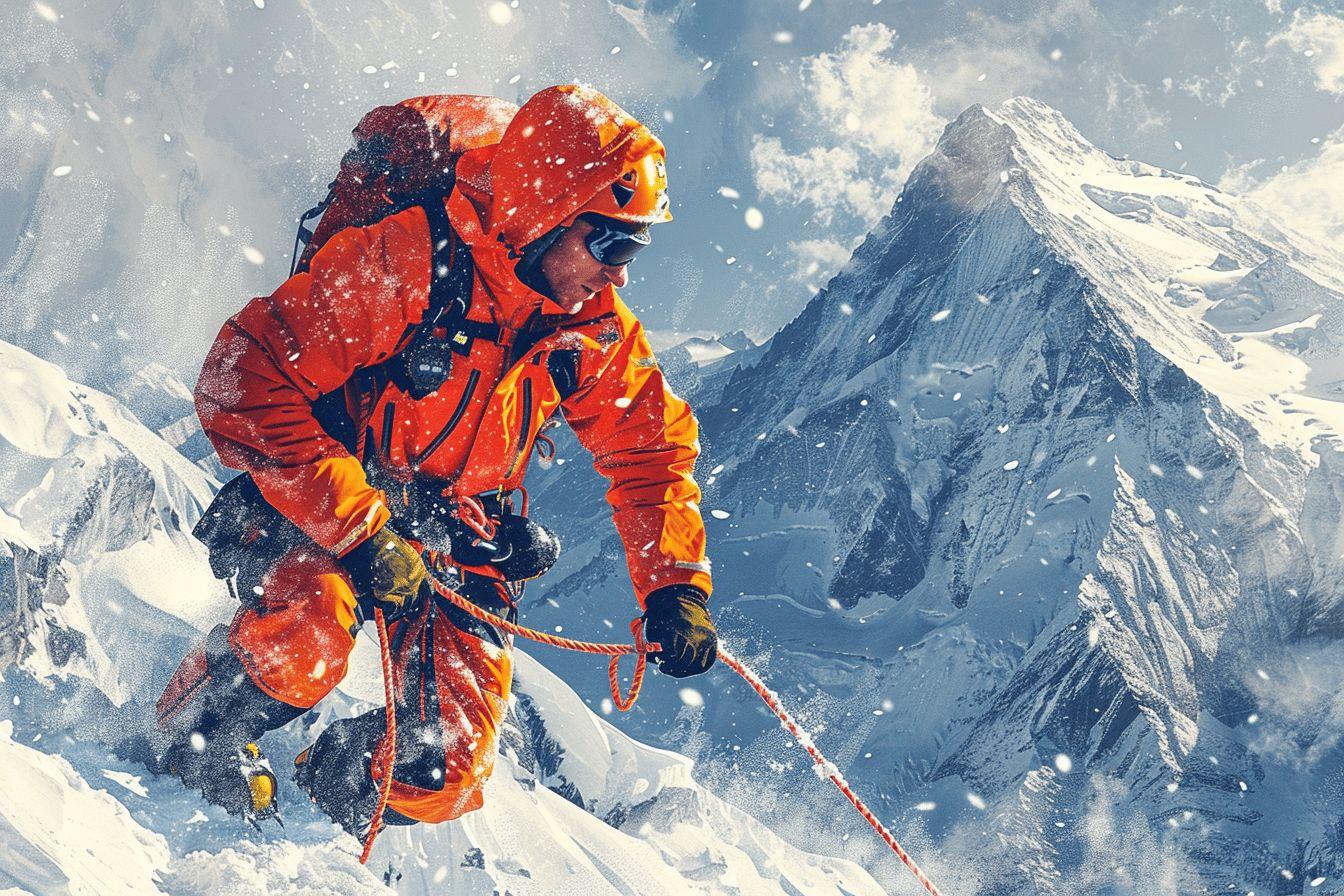As the winter season is in full swing, the mountains are attracting more and more winter sports enthusiasts seeking new sensations. However, this frenzy can sometimes turn into recklessness, particularly with the practice of off-piste skiing. While mountain rescue is traditionally free, voices are being raised to question this principle in light of risky behaviors. The current situation compels us to seriously reflect on the implications of this free service, both for the safety of practitioners and for the resources allocated to saving them. At a time when safety and individual responsibility are more than ever at the heart of discussions, this issue deserves particular attention.
As the practice of off-piste skiing continues to gain popularity, questions surrounding the free mountain rescue services are emerging at the heart of the debates. The risky behaviors of practitioners outside marked trails raise concerns about the safety of rescuers as well as the necessity to reflect on our individual responsibility. This article examines the issues raised by this complex problem.
The rise of reckless behavior #
In mountainous regions, the trend of practicing off-piste skiing is strengthening each season. More and more thrill-seekers are abandoning crowded slopes to seek direct contact with nature. However, this desire for escape comes with its share of risks. The beauty of snow-covered landscapes can quickly hide dangers, such as avalanches or falls due to unstable terrain. The latest report from the National Mountain Safety Observation System highlights this reality: at the beginning of the season, already about twenty people have lost their lives across all French massifs.
A heated debate about free rescue services #
In light of this alarming recurrence of accidents, some decision-makers, such as François-Noël Buffet, Minister Delegate to the Minister of the Interior, are questioning the principle of free rescue services. According to him, it may be necessary to introduce exceptions when victims are aware of the dangers involved. This observation has prompted reactions from many elected officials, such as Éric Fournier, Mayor of Chamonix, who passionately defends the principle of free rescue services throughout the territory. He believes that such a change could harm the very spirit of the mountains, a fundamentally free and accessible space.
The implications of charging for rescue services #
The suggestion to charge for mountain rescue services in cases of reckless behavior could have significant consequences. This paradigm shift could discourage some skiers from calling for help for fear of incurring costs, thereby putting their lives in danger. Mountain rescuers such as the PGHM, CRS, or firefighters already play a crucial role in an ecosystem where safety is paramount, and turning this assistance into a paid service could weaken the robustness of this system.
Individual responsibility in debate #
The question of individual responsibility inevitably arises in discussions about risky behaviors in the mountains. Practitioners must be aware of the dangers inherent in their choices. Awareness of safety and prevention are key elements in avoiding tragedies. From training to disseminating accurate information on weather conditions and avalanche levels, it is essential to adopt a proactive approach that protects not only skiers but also those who dedicate their time and efforts to rescue them.
Towards collective reflection #
Reflecting on the free rescue services in light of these behaviors is a complex question that requires the commitment of all stakeholders involved: practitioners, elected officials, and safety organizations. Instead of establishing a pricing system, it would be more pertinent to strengthen educational programs around the mountains and the practice of winter sports. The establishment of specific deposits or comprehensive insurance could also be considered to better share the economic burden while preserving free services for those who practice responsibly.
À lire the classic and sports car show in the United Kingdom on June 7th and 8th, 2025
The mountains, a space to protect #
In summary, ensuring safety in the mountains while preserving the values of free and accessible services is a significant challenge. The mountains are territories of sharing and discovery, but they also require great responsibility from practitioners. The reflection on risky behaviors and the free rescue services in the mountains must be conducted with care, taking into account all the issues and expectations of the different actors involved in this magnificent alpine adventure.


